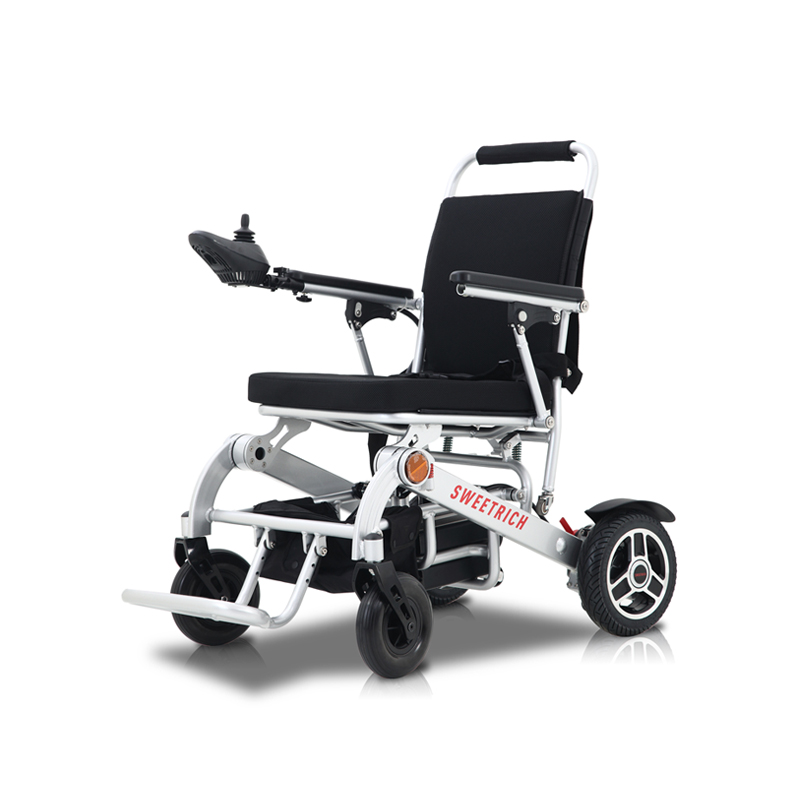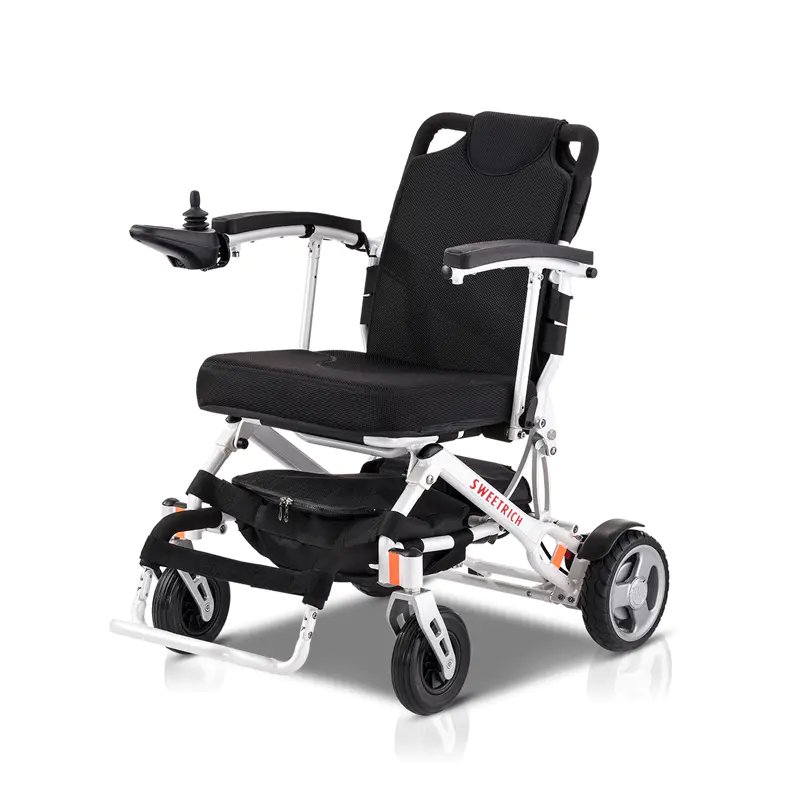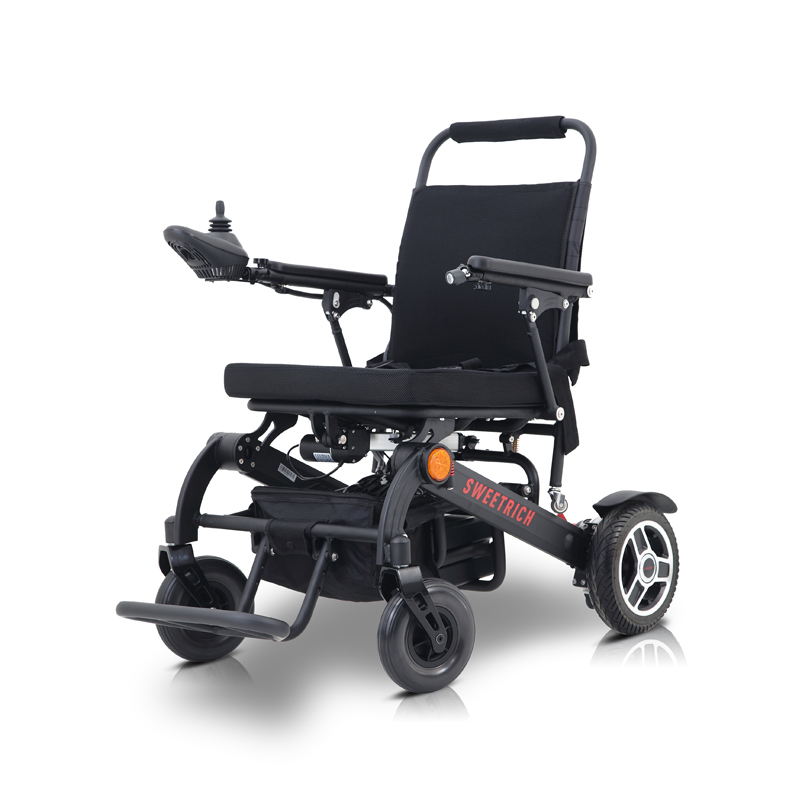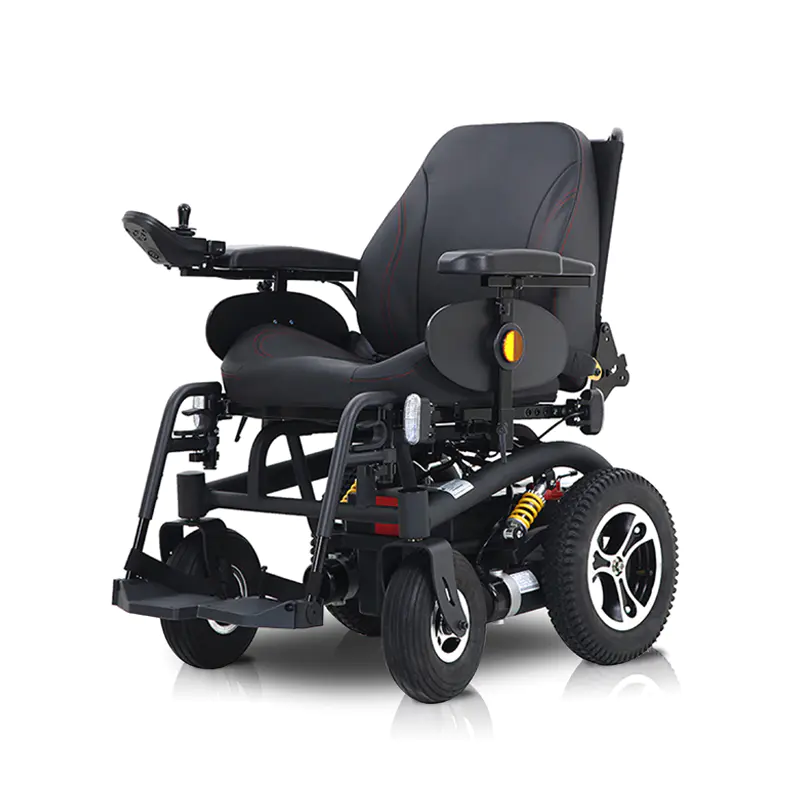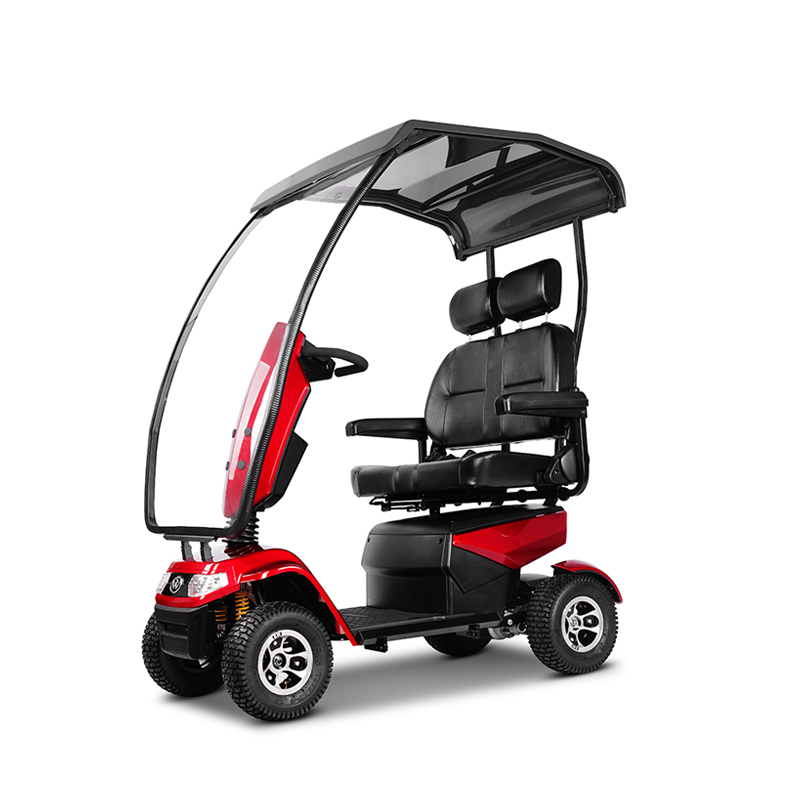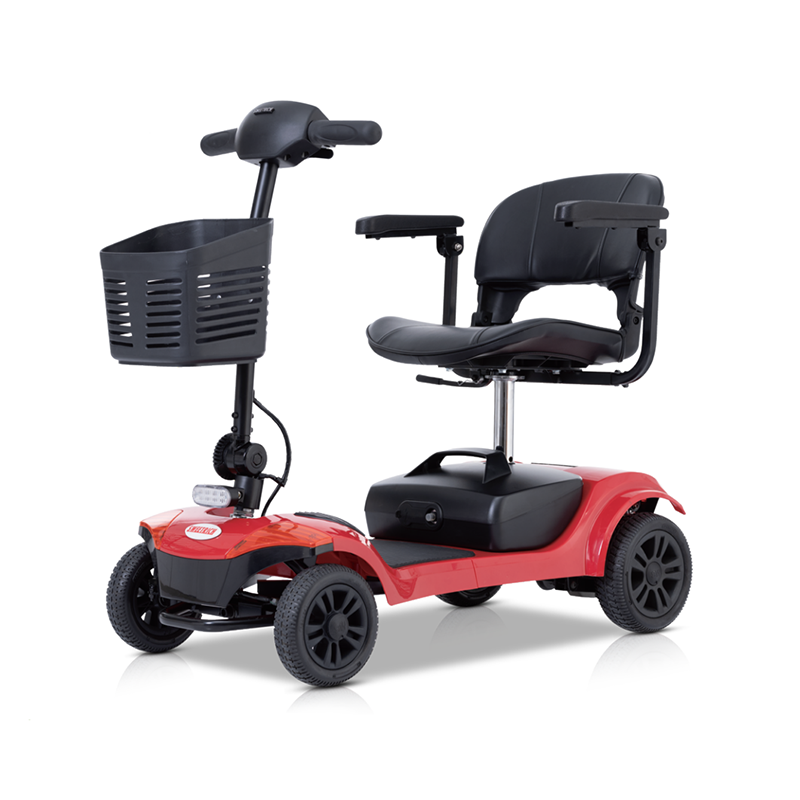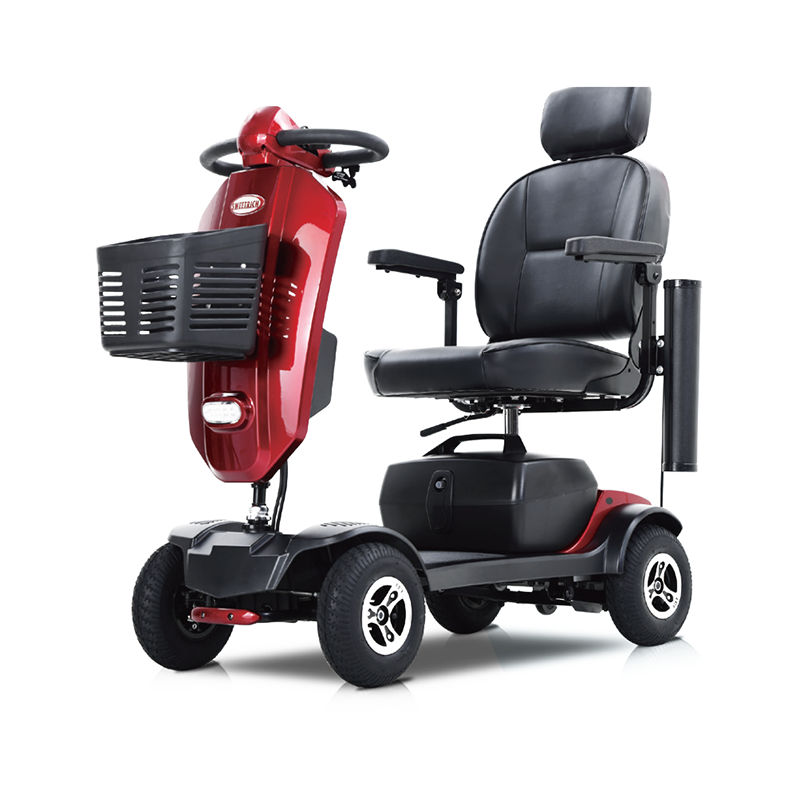In today's urban landscapes, the increasing demand for flexibility and spatial efficiency has made wholesale lightweight scooters a practical mobility solution. These compact electric vehicles from Sweetrich are transforming the way people commute, combining portability with sustainable innovation to meet the needs of modern consumers and forward-thinking distributors. As interest in eco-friendly transportation grows, the wholesale market for lightweight scooters is expanding steadily, influenced by portability, user behavior, and technological advancements.
Portability Meets Utility
A notable feature of lightweight scooters is their ability to fold and store with ease. For commuters, this means they can be conveniently carried onto trains, tucked into office corners, or stored in apartment entryways. The folding mechanism not only saves space but also enables a more flexible and adaptable way to travel. Riders can smoothly switch between walking, public transport, and scootering, free from the constraints of fixed routes or schedules.
For wholesalers, this portability appeals to a wide range of buyer demographics, including students, urban professionals, and tourists. Businesses that stock scooters with foldable frames and compact designs can address the growing demand for practical, multimodal commuting solutions. These products are especially attractive in densely populated cities where getting around often involves combining multiple modes of transportation.
Societal and Cultural Shifts
Our mobility habits are evolving. Electric scooters are contributing to broader societal and cultural changes, reshaping how we perceive and experience transportation. Simple, convenient, and enjoyable, they represent not only practicality but also a shift in lifestyle. In today’s fast-paced world, scooters offer an efficient and reliable way to navigate short distances, helping users avoid traffic congestion and reduce reliance on traditional cars.
Their ease of use encourages people of various ages to adopt them for daily errands, commuting, or leisure. They support greener travel and even promote an active outdoor lifestyle. This shift reflects a rising public preference for flexible, low-impact transportation that aligns with values like sustainability and efficiency.
Trends Shaping Consumer Demand
As lightweight scooters become more common, consumer expectations are also evolving. Today’s buyers place importance on convenience, sustainability, and digital integration. In particular, app-based rental services and smart features are helping electric scooters transition from novelties to everyday essentials.
This shift is evident in the wholesale market. Buyers increasingly seek products that not only offer functional advantages—such as ease of use and transport—but also align with broader lifestyle values. Portability, energy efficiency, and low maintenance have now become standard expectations. Additionally, more businesses are exploring private-label or OEM solutions to differentiate their offerings. This includes options like custom colors, unique design finishes, and branded integrations. Manufacturers with adaptable production models can more readily meet these customization needs at scale while maintaining delivery times and product quality.
Technological Advances Driving Performance
A key factor in this mobility evolution is ongoing technological progress, particularly in battery innovation. Improvements in lithium battery chemistry have enhanced energy density, allowing scooters to travel longer distances on a single charge without increasing bulk or weight. For users, this means extended rides and less frequent charging.
Battery lifespan has also improved. Modern batteries support more charge cycles, lowering replacement frequency and improving long-term value. Faster charging technologies reduce downtime, which is particularly beneficial for shared fleet applications or high-turnover retail environments. These developments are important for the wholesale market, where product performance and durability directly influence customer satisfaction and repeat business.
Integration with Urban Ecosystems
Lightweight scooters are no longer just standalone products—they are becoming an essential part of building smarter, more sustainable cities. Urban planners and transit networks are increasingly accommodating these vehicles by expanding bike lanes, scooter parking zones, and supportive regulations. In turn, this creates additional opportunities for wholesale suppliers as institutions and businesses begin placing bulk orders to support employee transit programs or community rental systems.
The integration of lightweight scooters into public transit systems is another significant growth area. Their compact form allows riders to easily bridge the gap between home, transit stations, and workplaces, reducing car dependency and easing congestion in crowded areas.
Looking Ahead
As we consider the future of transportation, electric scooters are set to become a key part of urban life. These sleek, eco-friendly vehicles are gradually shaping a new approach to mobility—one that is cleaner, smarter, and more efficient. From smart connectivity to improved energy use, emerging innovations are likely to redefine how we navigate our cities.
Lightweight scooters are well-suited to support this transformation. Their combination of convenience, sustainability, and adaptability makes them a practical choice for the next generation of mobility habits. For wholesalers, this presents an opportunity to align with evolving market trends and provide scalable solutions that meet the needs of future urban commuters.



